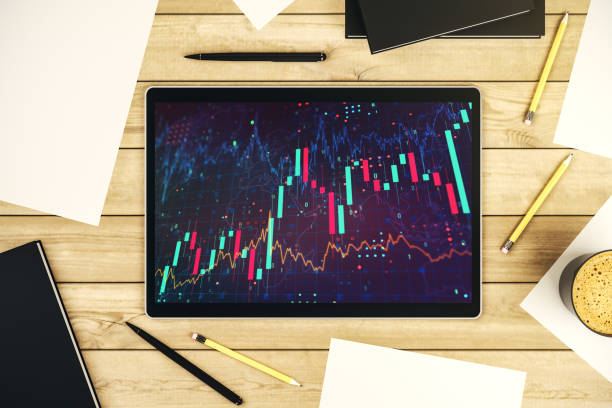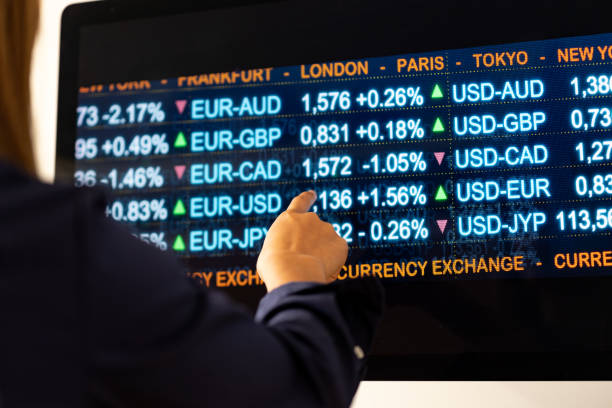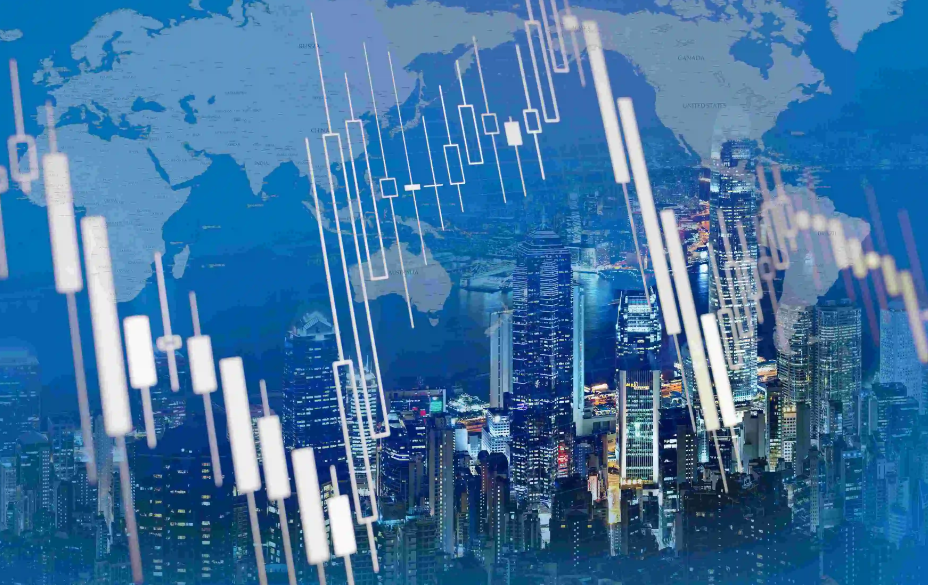International commodities are goods or raw materials that are traded across borders and have a global market. They are usually standardized and interchangeable, meaning that they have the same quality and characteristics regardless of their origin or destination. International commodities can be classified into three main categories: agricultural, energy, and metals.
Agricultural commodities
Agricultural commodities are products that come from plants or animals and are used for food, feed, fiber, or fuel. Some examples of agricultural commodities are coffee, corn, sugar, soybeans, wheat, cotton, cocoa, and livestock. These commodities are influenced by factors such as weather, crop conditions, supply and demand, trade policies, and consumer preferences. Agricultural commodities are traded on various exchanges around the world, such as the Chicago Board of Trade (CBOT), the New York Mercantile Exchange (NYMEX), and the London International Financial Futures and Options Exchange (LIFFE).
Energy commodities
Energy commodities are products that are used to generate power or heat, such as crude oil, natural gas, gasoline, heating oil, and coal. These commodities are essential for the functioning of the global economy, as they provide energy for transportation, industry, and households. Energy commodities are affected by factors such as geopolitics, production levels, inventories, environmental regulations, and technological innovations. Energy commodities are traded on major exchanges such as the Intercontinental Exchange (ICE), the NYMEX, and the Tokyo Commodity Exchange (TOCOM).
Metals commodities
Metals commodities are products that are extracted from the earth and have various industrial, commercial, and monetary uses. Some examples of metals commodities are gold, silver, copper, platinum, and iron ore. These commodities are influenced by factors such as supply and demand, mining costs, exchange rates, inflation, and market sentiment. Metals commodities are traded on exchanges such as the London Metal Exchange (LME), the COMEX division of the NYMEX, and the Shanghai Futures Exchange (SHFE).
International commodities are important for the global trade and development, as they facilitate the exchange of goods and services, provide income and employment opportunities, and enhance the diversification and resilience of economies. However, international commodities also pose challenges and risks, such as price volatility, market distortions, environmental and social impacts, and governance issues. Therefore, international commodity trade requires careful regulation and coordination among producers, consumers, traders, and policymakers.







